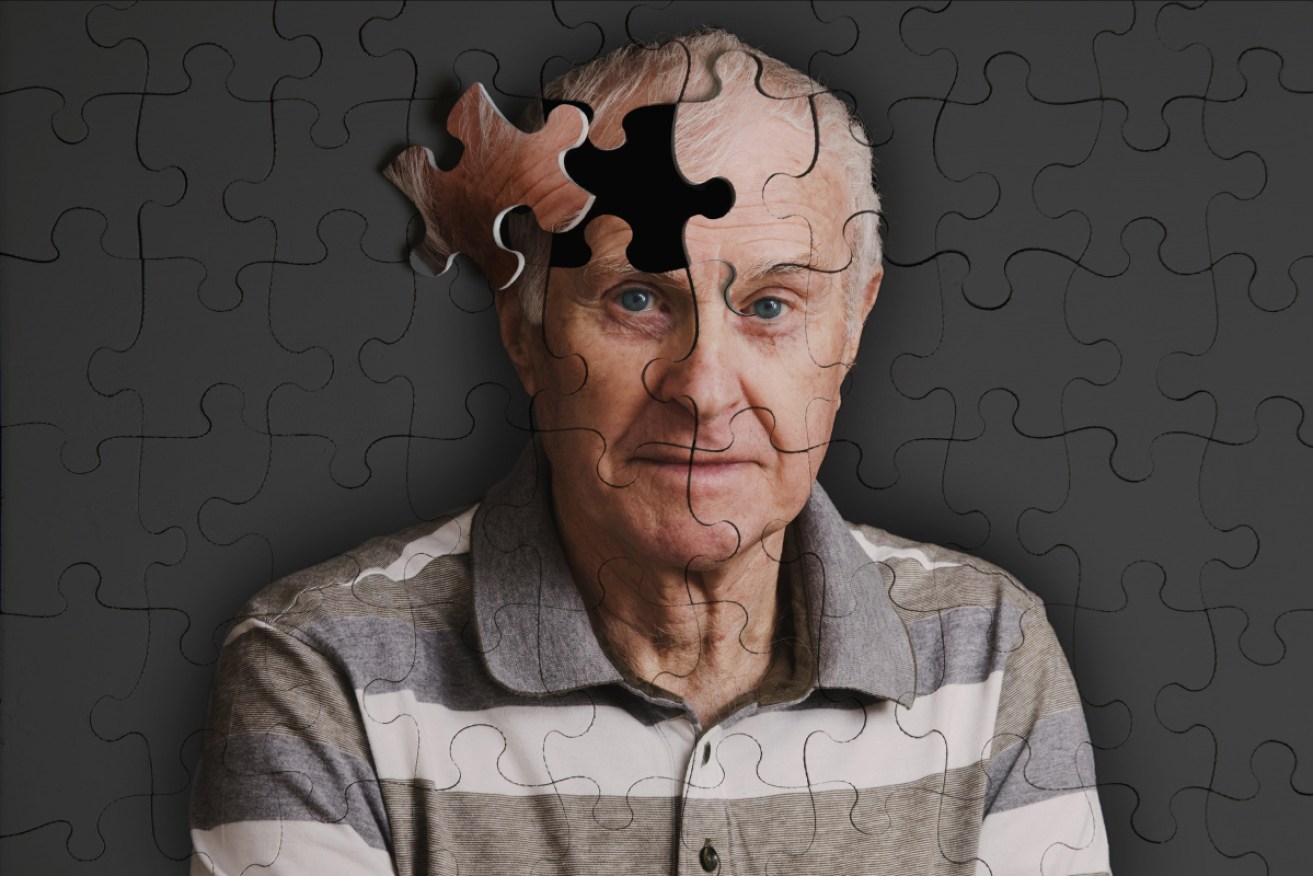New Alzheimer’s drug ‘available to anyone who can pay for it’, but benefits are limited


The new drug won't put a broken mind together again – but it could drain life savings. Photo: Getty
When Professor Chris Rowe heard the news that an experimental Alzheimer’s drug had been approved by the US regulators – the first in 20 years – he was elated.
After all, this was the first treatment effective against an underlying mechanism of the disease – by clearing sticky amyloid protein from the brain – and the first to show evidence that it could slow the rate of cognitive decline.
The Australian regulator, the Therapeutic Goods Administration (TGA), is assessing whether the drug should be made available here. Health Minister Greg Hunt has said he “hopes” the drug is approved and ends up on the Pharmaceutical Benefits Scheme.
But when Professor Rowe – a nuclear medicine physician and neurologist, with over 20 years of experience in dementia research and patient care – looked closer at the terms of approval in the US he was disturbed.
Limited benefits
In one of two clinical trials, the drug, aducanumab, was found to slow the rate of cognitive decline by about 25 per cent in patients with Mild Cognitive Impairment (MCI), a precursor to dementia, or very early Alzheimer’s dementia – and Professor Rowe says the treatment should be restricted to these patients.
Professor Rowe said MCI means “you have memory problems, and don’t do too well on testing, but you’re coping with life pretty well”.
Professor Rowe said that the drug – developed by the company Biogen over a fraught decade – might give patients with severe dementia a couple of extra months of living. But they’d still be unable to feed or wash themselves, the damage to their minds profound and irreversible.
The new drug would be of no use to them.
“You’ve got to get the treatment in early before there are too many dead brain cells,” he said.
The problem is, the US Food and Drug Administration ruling allows for anyone with an Alzheimer’s diagnosis – even one from a GP based on patient’s self-reporting – to have access to aducanumab.
“There is no restriction on who can get the drug if they can afford it,” Professor Rowe said, who is director of the Australian Dementia Network.
“So it could be given to people with severe dementia, or even potentially normal people who have concerns about their memory and happen to get a positive amyloid scan and happen to find a doctor who says ‘Yes, you’ve got Alzheimer’s disease’.”
He said the FDA doesn’t require a specialist to make the diagnosis, or for a patient to demonstrate they actually have amyloid in the brain.
One consequence of this open access to the drug is that desperate Australians could mortgage their homes and take their addled loved ones the US for treatments that won’t help them.
A bitter-sweet controversy
When the FDA made the approval eight days ago, Biogen chief executive Michel Vounatsos declared that this was an “historic moment” – but it was also a highly complicated one.
Patient lobby groups pushed hard for this drug – and fair enough. The fruitless search for an effective treatment has been dispiriting for families and researchers alike.
But the celebration was tainted when three members of the FDA’s independent panel of experts resigned in protest. They said the evidence the drug slowed dementia was weak and that it shouldn’t go to market.
They also cited serious side-effects: brain swelling and brain bleeding.
Dr Aaron Kesselheim, a professor of medicine at Harvard Medical School and Brigham and Women’s Hospital, sat on the committee for six years. He walked away, telling The New York Times: “This might be the worst approval decision that the FDA has made that I can remember.”
Two years ago, Biogen nearly gave up on the drug, calling a halt to two clinical trials when an independent monitoring committee determined they had little hope of succeeding.
This news wiped US$18 billion off the company’s value.
Now, Biogen will make many more billions back. Aducanumab, marketed as Aduhelm, is predicted to be one of the world’s biggest-selling drugs within a few years.
It’s big money
It certainly won’t be cheap. When Biogen announced the drug would cost approximately US$56,000 ($72,000) per patient, Wall Street was surprised and delighted – and Biogen’s value soared 38 per cent.
Professor Rowe said the actual cost of the treatment in Australia will be closer to $80,000 a year “when you account for consultations fees, MRI scans, the IV infusion costs, as well as buying the drug”.
He said the pharmaceutical industry “has been investing billions of dollars trying to find a treatment and this might be a light at the end of the tunnel in terms of recouping some of their investment”.
He hoped this might encourage more investment in research.
Still, there hangs the question of how well the drug actually works in slowing cognitive decline. The FDA fast-tracked the approval on condition that Biogen conducts another clinical trial within nine years.
“So they have nine years to show there is a benefit,” Professor Rowe said.
“They can sell as much as they like and nine years down the track say, ‘Oh well, the trial didn’t work’.
“But this is the US system: free market, free enterprise.”
Australian approval, but with targeted restrictions
Professor Rowe said he “didn’t want to be too negative” and could see that some patients might benefit from the drug being approved in Australia.
“I hope the TGA would be more restrictive in its recommendations than the US FDA,” he said.
He said there was “no doubt” that aducanumab clears amyloid out of the brain.
“I’m encouraged there are now three drugs from different companies achieving the same result,” he said.
“It’s very good at clearing the amyloid out of the brain.”








